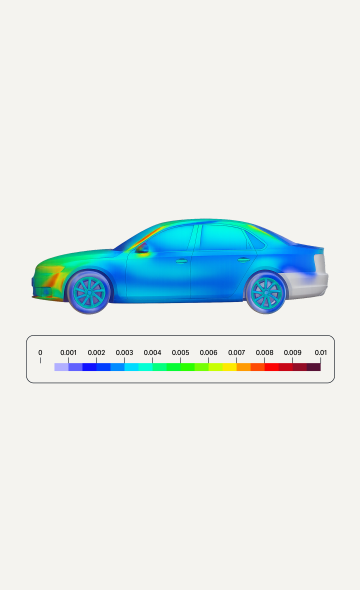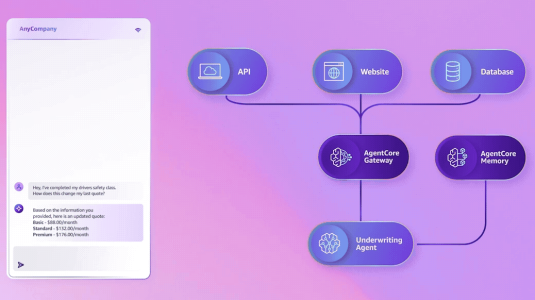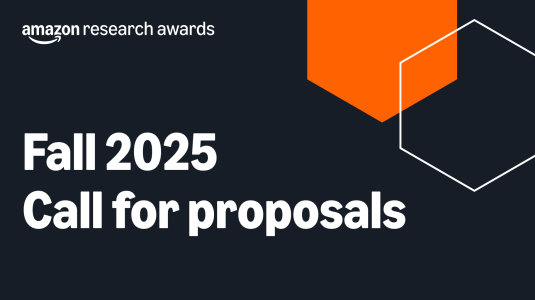Customer-obsessed science


Research areas
-
October 16, 2025Amazon vice president and distinguished engineer Marc Brooker explains how agentic systems work under the hood — and how AWS’s new AgentCore framework implements their core components.
Featured news
-
As Generative AI (Gen-AI) continues to evolve rapidly, its potential to transform supply chain operations remains largely unexplored. Narrowing in on retail supply chain, this paper presents a taxonomy diagram that categorizes trends in Gen-AI adoption across various functions thereby mapping current Gen-AI capabilities and identifying immediate opportunities and potential challenges. We identify several
-
Supply chain operations generate vast amounts of operational data; however, critical knowledge—such as system usage practices, troubleshooting workflows, and resolution techniques—often remains buried within unstructured communications like support tickets, emails, and chat logs. While Retrieval-Augmented Generation (RAG) systems aim to leverage such communications as a knowledge base, their effectiveness
-
Time series forecasting is a critical first step in generating demand plans for supply chains. Experiments on time series models typically focus on demonstrating improvements in forecast accuracy over existing/baseline solutions, quantified according to some accuracy metric. There is no doubt that forecast accuracy is important; however in production systems, demand planners often value consistency and
-
AI and Deep Learning methods have revolutionized many forecasting applications but have not achieved widespread adoption in industry for aggregate forecasting. This paper challenges the AI research community by identifying three critical capabilities that current AI approaches lack: (1) multivariate consistency at scale, (2) explainable and controllable longrun assumptions, and (3) flexible incorporation
-
This paper proposes using two metrics to quantify the forecastability of time series prior to model development: the spectral predictability score and the largest Lyapunov exponent. Unlike traditional model evaluation metrics, these measures assess the inherent forecastability characteristics of the data before any forecast attempts. The spectral predictability score evaluates the strength and regularity
Conferences
Collaborations
View allWhether you're a faculty member or student, there are number of ways you can engage with Amazon.
View all














































